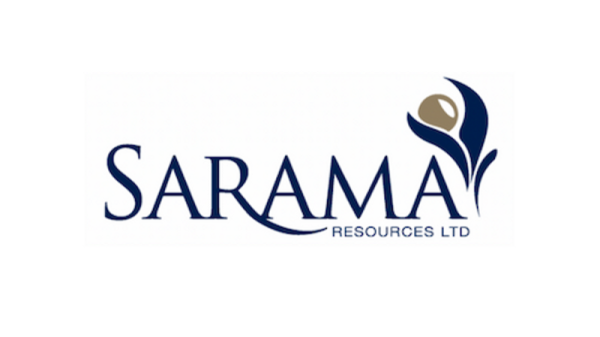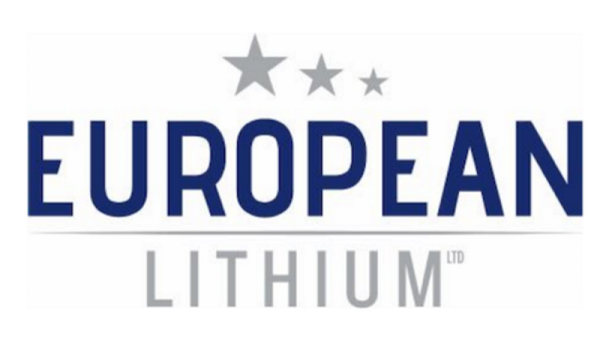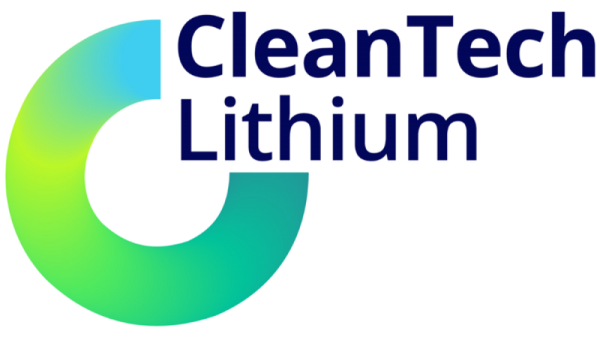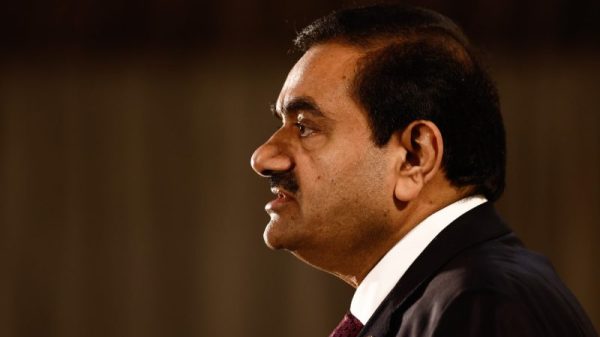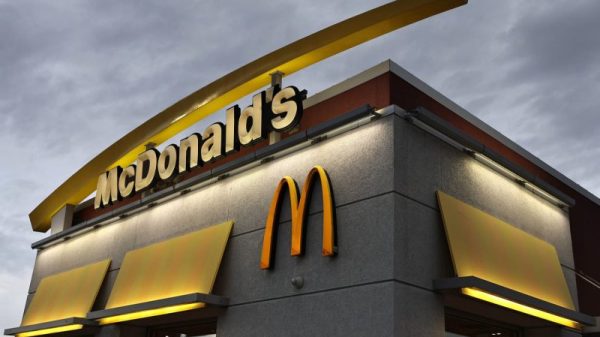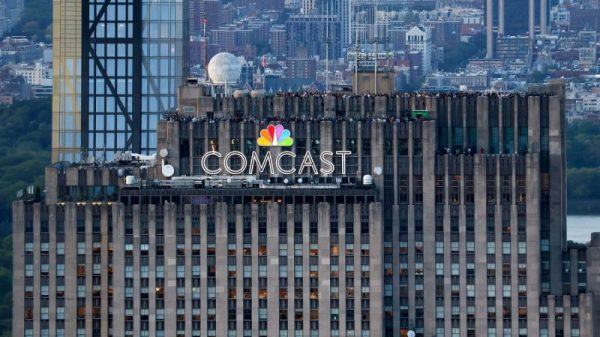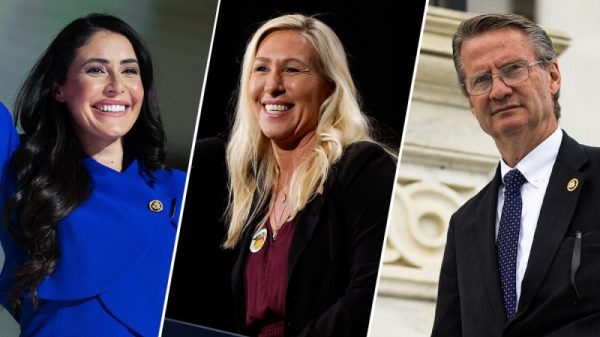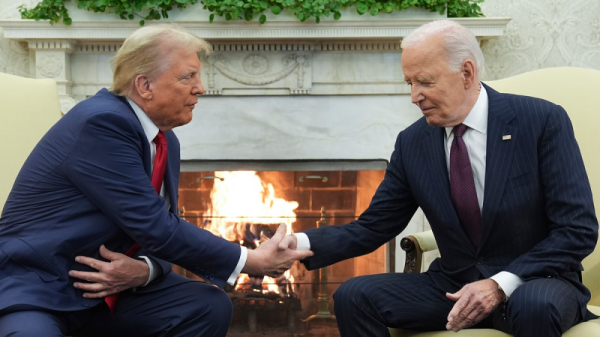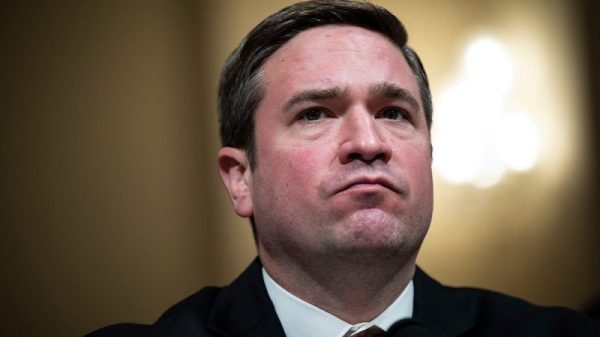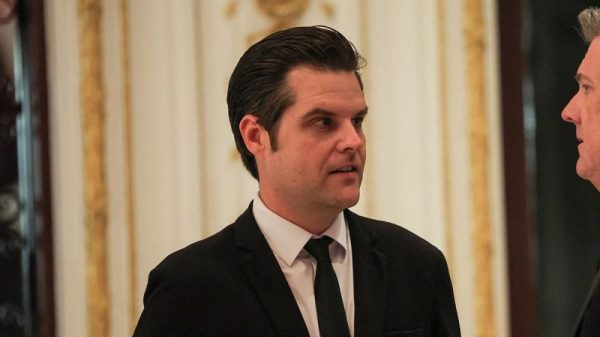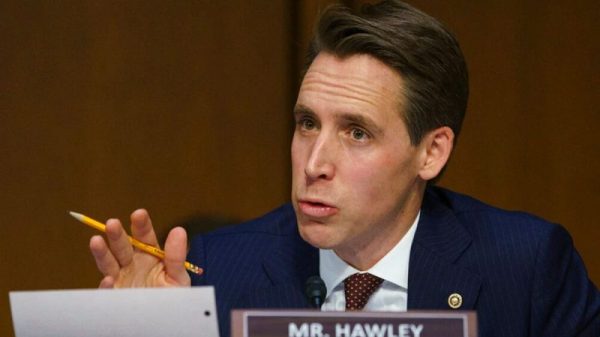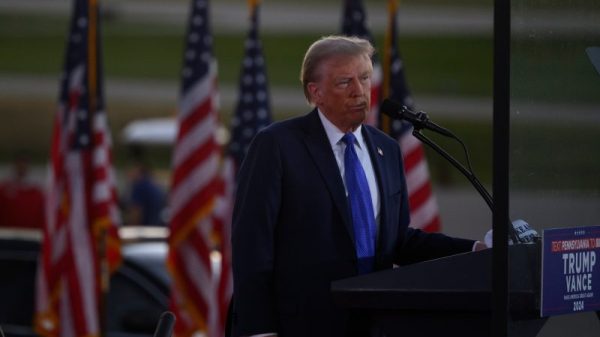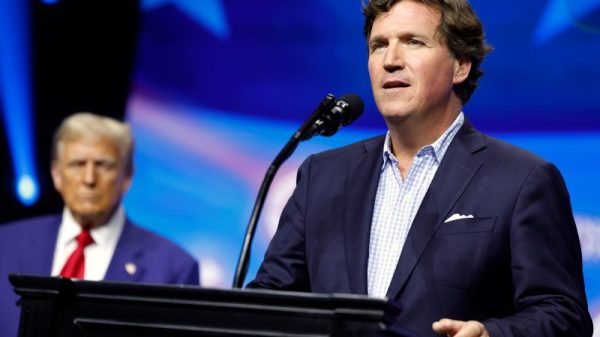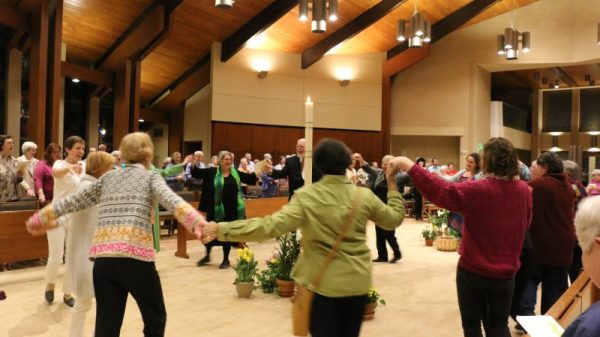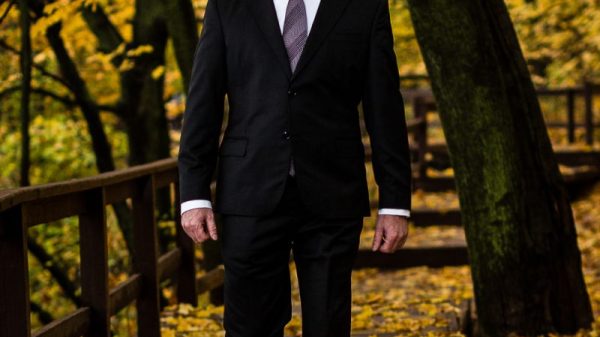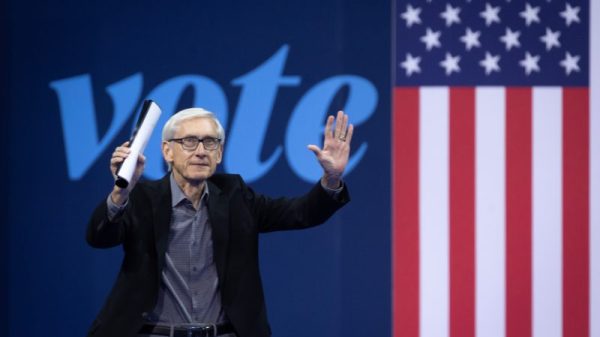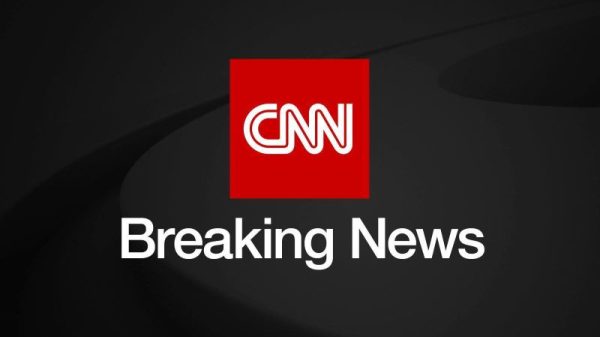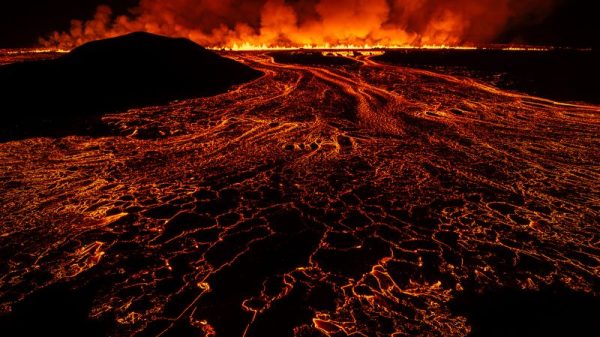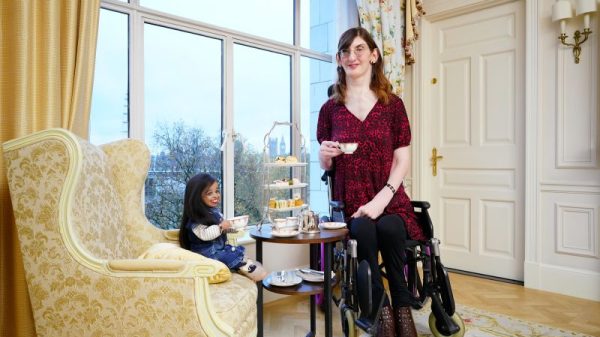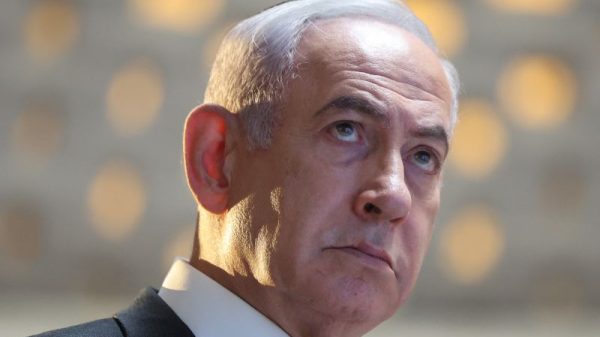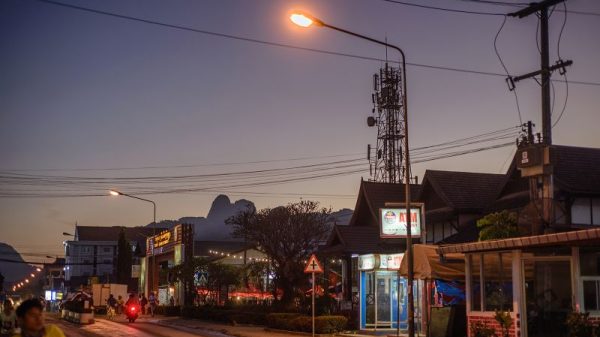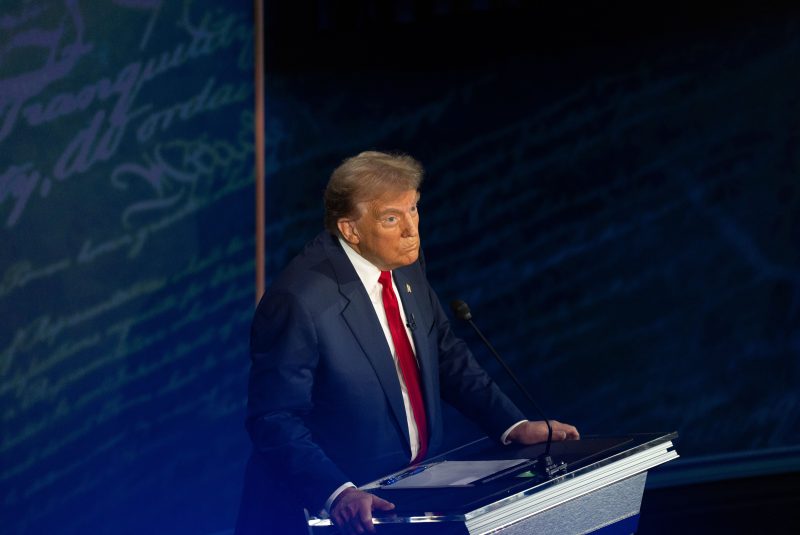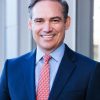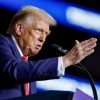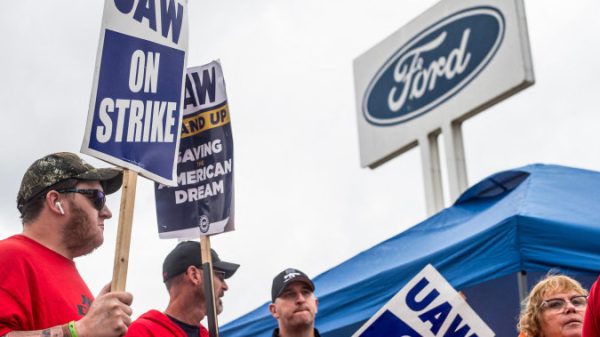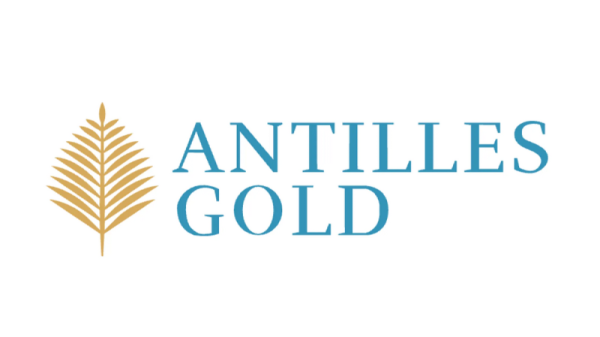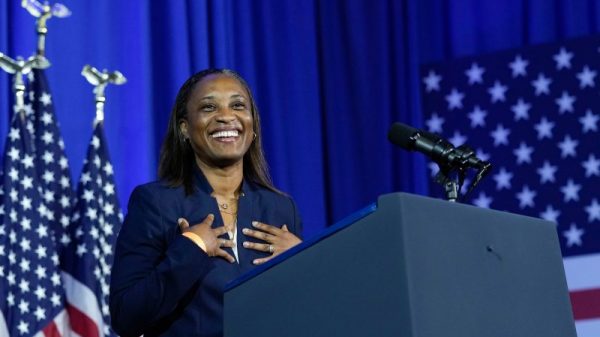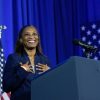Donald Trump and his campaign have waged an aggressive campaign against fact-checking in recent months, pushing TV networks, journalism organizations and others to abandon the practice if they hope to interact with Trump.
Trump nearly backed out of an August interview with a group of Black journalists after learning they planned to fact-check his claims. The following month, he and his allies repeatedly complained about the fact-checking that occurred during his debate with Vice President Kamala Harris, berating journalists and news executives in the middle of the televised debate.
And this month, Trump declined to sit down for an interview with CBS’s “60 Minutes” because he objected to the show’s practice of fact-checking, according to the show.
Campaign advisers also expressly asked CBS News to forgo fact checking in its vice-presidential debate with Trump’s running mate, Ohio Sen. JD Vance — who then complained on air when a moderator corrected him.
The moves are the latest example of Trump’s long-held resistance to being called to account for his falsehoods, which have formed the bedrock of his political message for years. Just in recent weeks, for example, Trump has seized on fabricated tales of migrants eating pets and Venezuelan gangs overtaking cities in pushing his anti-immigration message as he seeks a second term in office.
Lucas Graves, a journalism and mass communications professor at the University of Wisconsin at Madison, said that publicly chafing at fact-checking has become a form of tribalism among some Republicans.
“Within the political establishment on the right, it is now considered quite legitimate — and quite legitimate to say publicly and openly — that you disapprove of fact-checking,” said Lucas, author of “Deciding What’s True: The Rise of Political Fact-Checking in American Journalism. “Precisely because of Trump’s unusual relationship with the truth — even for a politician — it’s hardly surprising that he would object to it so volubly and so forcefully.”
The Washington Post Fact Checker team tallied that by the end of Trump’s presidency, he had made 30,573 false or misleading claims — an average of about 21 false, erroneous or misleading claims a day.
In August, Trump had agreed to appear at a National Association of Black Journalists gathering, where three of the group’s members would interview him. But upon realizing that he would be fact-checked in real time, Trump’s team said he would not be taking the stage.
NABJ president Ken Lemon described a tense scene backstage as Trump’s team objected to any fact-checking of the interview, with the discussions lasting more than an hour. “If you guys are going to fact check, he’s not going to take the stage,” Lemon said a Trump aide told him. “They were just totally insistent that he was not going to take the stage if we fact-checked.”
Lemon said he spoke with three Trump aides — who at one point called to confer with someone not at the event — about their objections to fact-checking as the audience waited.
At one point, Lemon said he became convinced Trump was ultimately going to back out of the interview over his fact-checking concerns, so Lemon prepared remarks to go out and explain the cancellation to the crowd. But in the end, Trump took part in the interview, making headlines by falsely suggesting that Vice President Kamala Harris had only recently decided to identify as Black.
“It was a very revealing moment where we got to hear him answer questions, and we were shocked at what some of the answers were,” Lemon said.
Trump officials blamed the delay in taking the stage on technical audio issues.
“Here’s the truth: President Trump initially couldn’t take the stage because there were audio issues. Once the audio issues were resolved, President Trump took the stage and participated in the discussion, and the fact-checks still occurred,” Karoline Leavitt, a Trump spokeswoman, said in a statement.
Harris, too, has taken a cautious approach to interviews, largely eschewing rigorous policy questioners for lower-stakes venues and having her advisers, at times, try to prescreen questions. Her blitz this week of unscripted media settings hewed to friendly questioners, including Howard Stern of Sirius XM, CBS’s “Late Night with Stephen Colbert” and the popular “Call Her Daddy” podcast. During Harris’s NABJ forum, the interviewers pressed less contentiously than they did Trump, and during the ABC presidential debate with Trump, the moderators did not fact check her in the same manner.
One Trump adviser, speaking on the condition of anonymity to describe the campaign’s thinking, argued that Trump is treated more harshly than others. “Every candidate is opposed to fact checking on some degree, but if you’re Trump, you know they are always going to go after you harder,” the adviser said.
But Harris does not misstate the truth regularly, as Trump does, and she has also not protested being fact-checked. And unlike Trump, she sat down for a wide-ranging interview with “60 Minutes” that aired last week.
As part of Harris’s interview, the show took the extraordinary step of explaining why it was not airing a similar segment with Trump, who had initially agreed to an interview before changing his mind.
“A week ago, Trump backed out,” CBS correspondent Scott Pelley explained. “The campaign offered shifting explanations. First, it complained that we would fact-check the interview. We fact-check every story. Later, Trump said he needed an apology for his interview in 2020.”
Pelley went on to explain that the 2020 incident for which Trump requested an apology had never occurred.
Campaign advisers acknowledged there were discussions with CBS over fact-checking, and the campaign objected to the network wanting to cut into the interview to fact-check.
The two debates — first with President Joe Biden and then with Harris after Biden dropped out — proved another point of contention. Trump’s team repeatedly raised objections in negotiations that it did not want a fact-checking element during the debates, and continued to ask networks about the issue in the weeks leading up to the events, according to people familiar with the matter, who spoke on the condition of anonymity to describe private negotiations.
During the debate between Trump and Biden, CNN publicly stated in advance that the moderators would not fact-check, instead leaving that to the candidates.
Before the second debate, Jason Miller, a spokesman for the Trump campaign, said the team was told by an ABC journalist that similar to the CNN debate, there would be no fact checks from the moderators. However, a copy of the ABC News debate rules, obtained by The Post, did not put any limitations on fact checking.
Nonetheless, Trump and his allies were furious with ABC for pointedly fact-checking Trump live during his debate with Harris. At one point, after Trump falsely claimed that some Democrats support executing babies after birth, moderator Linsey Davis noted, “There is no state in this country where it is legal to kill a baby after it’s born.”
At another point — after Trump repeated the false and baseless claim that Haitian immigrants in Springfield, Ohio, were abducting and eating their neighbors’ cats and dogs — moderator David Muir interjected to say that ABC News had reached out to the city manager, who “told us there have been no credible reports of specific claims of pets being harmed, injured or abused by individuals within the immigrant community.”
Trump’s advisers — including Chris LaCivita and Miller — erupted at ABC executives and journalists in the middle of the debate, according to the people familiar with the situation. They implored the network to stop fact-checking for the rest of the event and said it had breached its promise, and a call was even lodged to the president of ABC News by Susie Wiles, the campaign’s top aide. At least one Trump adviser demanded to talk to the moderators during the debate.
The network declined to comment.
“Everyone who watched the ABC debate agreed that it was a 3-on-1 fight with 2 moderators who wrongly ‘fact-checked’ President Trump multiple times, but did not fact check Kamala Harris ONCE, even though she spewed multiple lies on the debate stage,” Leavitt said in her statement. “The ABC debate was widely viewed as one of the worst moderated debates in history, yet President Trump still won.”
Harris spokesman Kevin Munoz responded: “You have to lie to be fact-checked, and only one person on that stage was telling lie after lie.”
By the time Vance was preparing for a CBS debate with Harris’s running mate, Minnesota Gov. Tim Walz, the issue of fact-checking was ever-present. During Vance’s debate preparations, Trump advisers had former Fox News contributor Monica Crowley play the role of a fact-checking journalist, according to people familiar with the discussions, who spoke on the condition of anonymity to describe deliberations.
In meetings with network executives, Vance’s team insisted there would be no fact-checking, and CBS officials said they did not expect moderators to jump in and correct candidates, leaving it up to the candidates themselves, the people said.
However, at one point, moderator Margaret Brennan corrected a comment Vance had made about the “illegal immigrants” that he claimed where overwhelming Springfield, Ohio, noting that the city’s large population of Haitian immigrants in fact have “legal status — temporary protected status.”
“Margaret, the rules were that you guys weren’t going to fact check,” Vance said. Behind the scenes, his team also raised strenuous objections with the network, arguing that such a moment was not supposed to have occurred. CBS declined to comment.
The exchange was brief, but by then, the Trump-Vance ticket’s desire to eschew fact-checking had so penetrated the public consciousness that “Saturday Night Live” poked fun at it in their next episode, when Bowen Yang, playing Vance, uttered a series of falsehoods while repeatedly muttering for the moderators not to check his facts.
“You know, Nora, it’s rich to say that Donald Trump is a threat to democracy when he peacefully gave over power — we said no fact checking — and willingly, and willingly — don’t check that — got on his plane without incident — don’t — right after saving Obamacare — don’t check that,” Yang-as-Vance said as the audience laughed.

